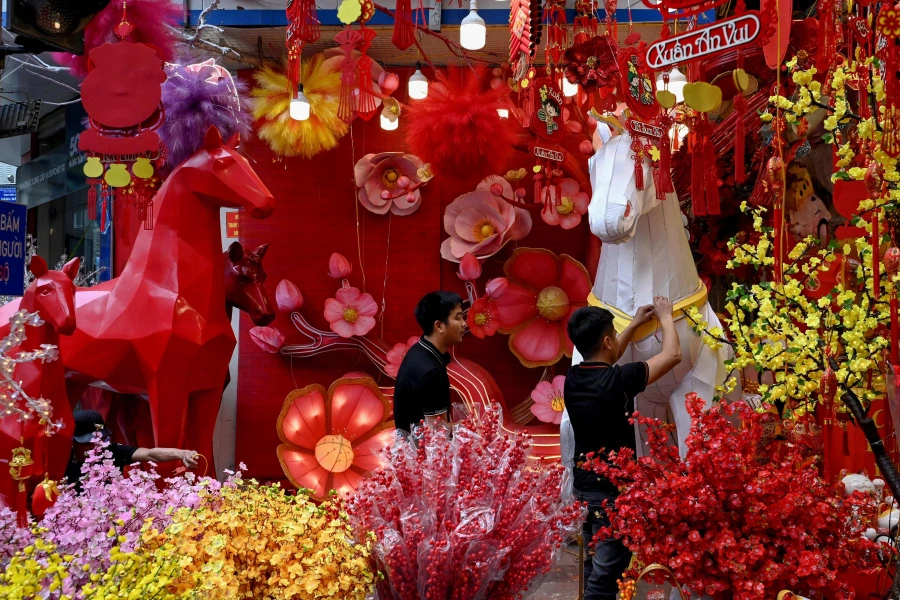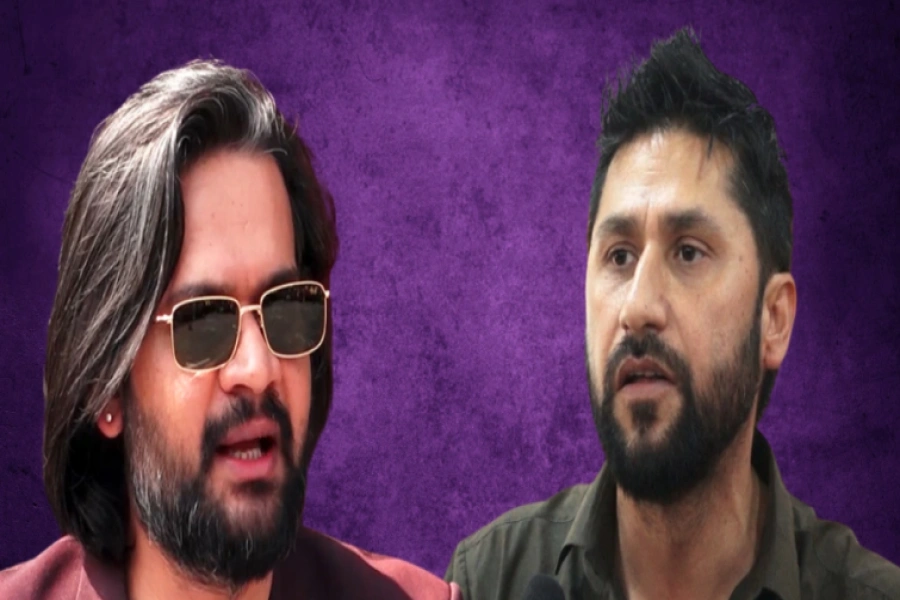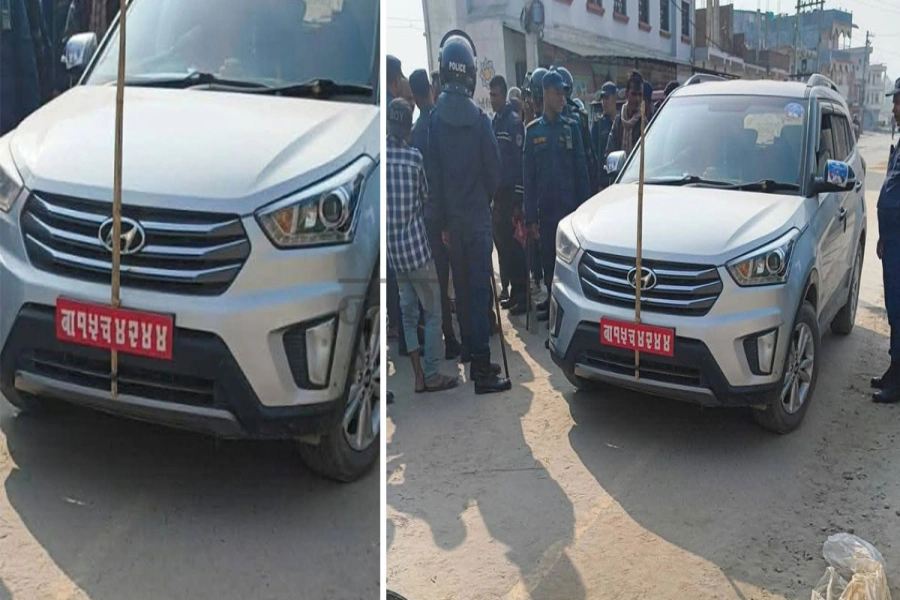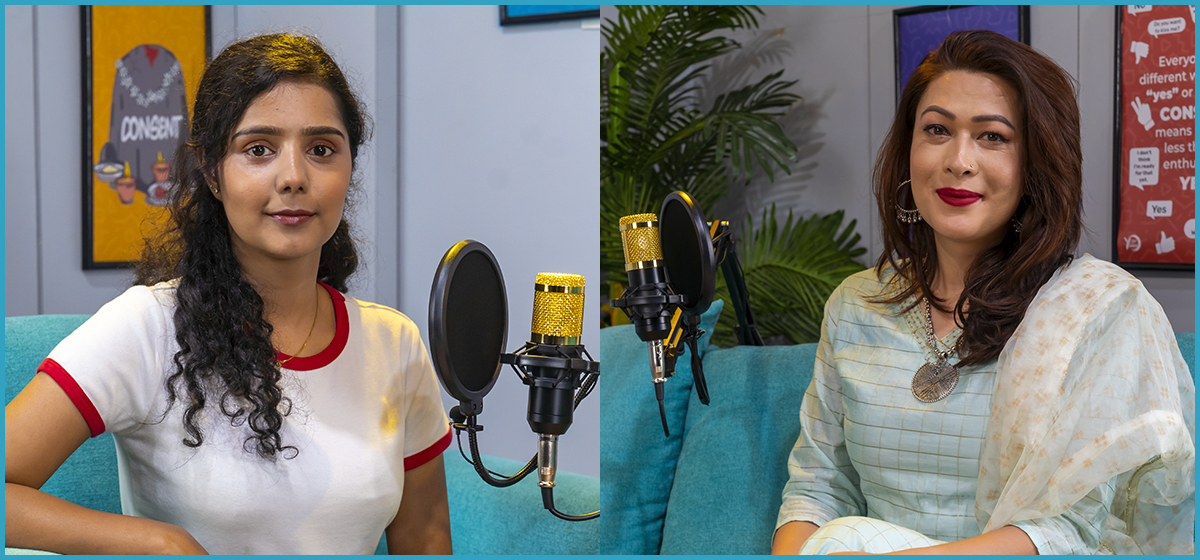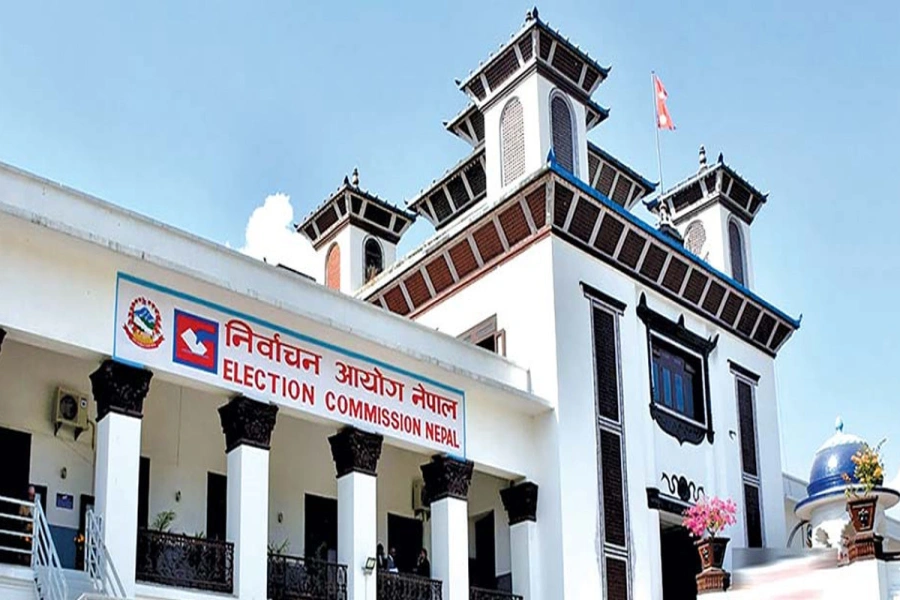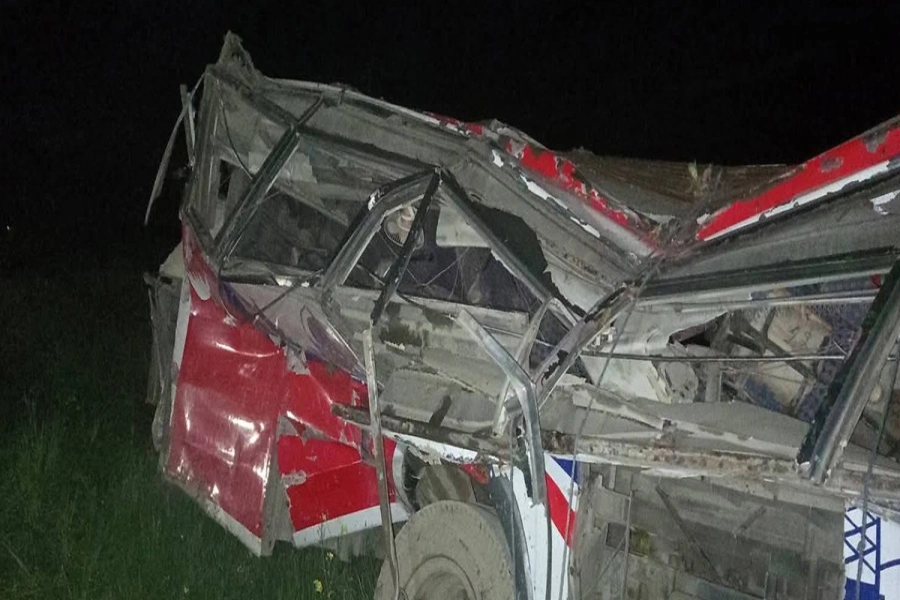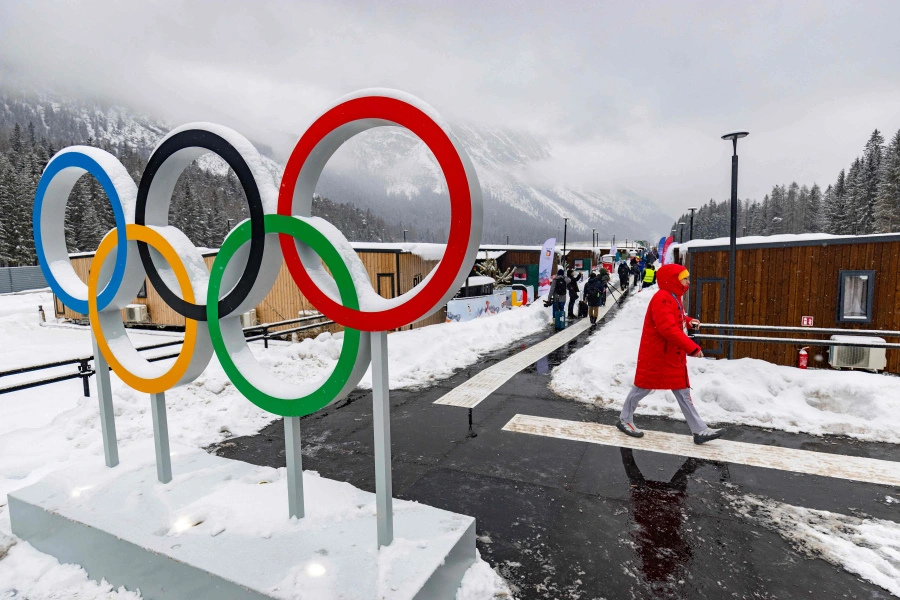The boundaries set by the nation, state, families and societies often do not allow a woman to become a citizen. This leads to women not becoming the part of the nation but just a national embodiment.
Matribhumi, the closest translation to which is ‘motherland’ is a term often associated with the ideas of patriotism, nationalism, unity and belongingness among others in our country. It is important to talk about such national imageries as these images often form our stringent notions about citizens, parents, mothers and the nation itself. Be it the recent border conflicts or the decade long civil war, Matribhumi is an idea used by the state to propagate national identity that often evokes a deep feeling of patriotism. However, a closer look at the recent citizenship debate makes us question the very idea of the Matribhumi. What is a mother land? Who is our mother? What is her identity? And how does her image become exclusionary?
Over the past few months we have seen how the current government’s radicalized idea of nationalism and nationhood has become an excuse to evade real issues at hand. The citizenship amendment bill is clearly one of such ‘patriotic’ cards played by the government which creates boundaries in the most intimate parts of our lives, be it sexuality, reproduction or marriage. This emphasis on reproduction of the so-called ‘real natives’ or ‘real Nepalis’ is not only concerning but alarming too as our state’s idea of a Nepali citizen tends to exclude many marginalized groups within the nation.
So what is the citizenship debate?
Recently, the ruling party’s secretariat took a decision, in a room filled with its male members only, to initiate an amendment to the Citizenship Act allowing Nepali citizenship to foreign women married to Nepali men only after seven years of their wedding—apparently a buffer time to make these women ‘Nepali enough’—at a time when our leaders should be debating how to make our society more inclusive and humane and provide agency, belongingness, a sense of security and social inclusion to foreign women married to Nepali men. The amendment bill further relegates these women to the bottom of our social hierarchy in a country where women already are considered second class citizens. Especially considering that families in regions bordering India have strong matrimonial ties with India, this new amendment will deprives these women of their dignity leaving a large number of women stateless for a period of seven years.
Adding on, there are many more problems in the citizenship laws of Nepal as they give much more agency to men as compared to people of other gender in transferring citizenship. For example, a man can transfer his citizenship to his children extremely easily but women often have to struggle to do so. If a woman marries a foreign man, her children cannot become citizens by descent which means the citizenship from a mother to child is not naturally transferred after the birth but will depend on the discretion of the authorities who have the right to grant or deny such citizenships. Hence, it is very obvious that the idea of ‘Matribhumi’ or ‘Nepal Ama’ (mother of the nation or mother nation) and its national imaginaries are often gendered and exclusionary, raising such questions as: Who is our mother? Is she only the Pahadi, high caste woman, who is willing to marry a Nepali Pahadi high caste and reproduce?
Father state and mother land
Carol Delony in her book Father State, Motherland and the Birth of Modern Turkey makes a clear distinction between father state and motherland which is very relevant in the present context of Nepal. According to her, mother and father operate as different emotional symbols while describing a nation by the state but they play a key role in forming the idea of a nation. While a mother is often considered to be like soil that takes care of the child, nurtures them, father is rather the seed that provides the essential aspect of becoming a citizen. More importantly, it is the father who provides identity to their child. In this case, both male and female can be the citizens but it is the male prerogative to transfer the citizenship to the child. Hence, in such cases concepts such as Matribhumi or in general the women of the nation become symbols. They almost become like statues or faces to be seen and men (or rather high caste Pahadi men) are the ones who actually represent the nation.
Unsurprisingly, this idea also resembles the fascist concept of Hitler’s Youth Imaginary where girls and boys were given different mottos which were:
Mainstream Nationalism vs. Regional Nationalism

For girls: Be faithful; be pure; be German
For boys: Live faithfully; fight bravely; die laughing
Or in other words it is the action of men that defines their nationalism contrary to female nationalism which is somehow defined through the bodies of women—by simply maintaining particular boundaries of the bodies in marriage, sexuality and reproduction.
Breaking the boundaries
The citizenship debates clearly show how the connection between mother and country is not always metaphorical. It is when our nation becomes so concerned with the correct reproduction that these bodies of women become a site of political debate or contestation. The boundaries set by the nation, state, families and societies often do not allow a woman to be a national or a citizen. This leads to women not becoming the part of the nation but rather just a national embodiment—an abstract idea almost like the flag of the nation.
The idea of nationalism that is defined through female bodies and male actions then exclude many others who do not fit into this binary category of male or female. This way the nation creates a moral panic, often policing the boundaries of who can be a true citizen and who cannot and excluding the most vulnerable people on the way.
Now, more than ever, it is important for our state and its leaders to acknowledge the contribution each individual can make irrespective of their region, caste, class or gender and consider them to be an important political and socio-economic force for our nation. Only then will we be able to progress towards a more equitable and an inclusive society.
The author holds a Masters Degree in Gender, Media and Culture from London School of Economics and Political Science
swasti30@gmail.com





